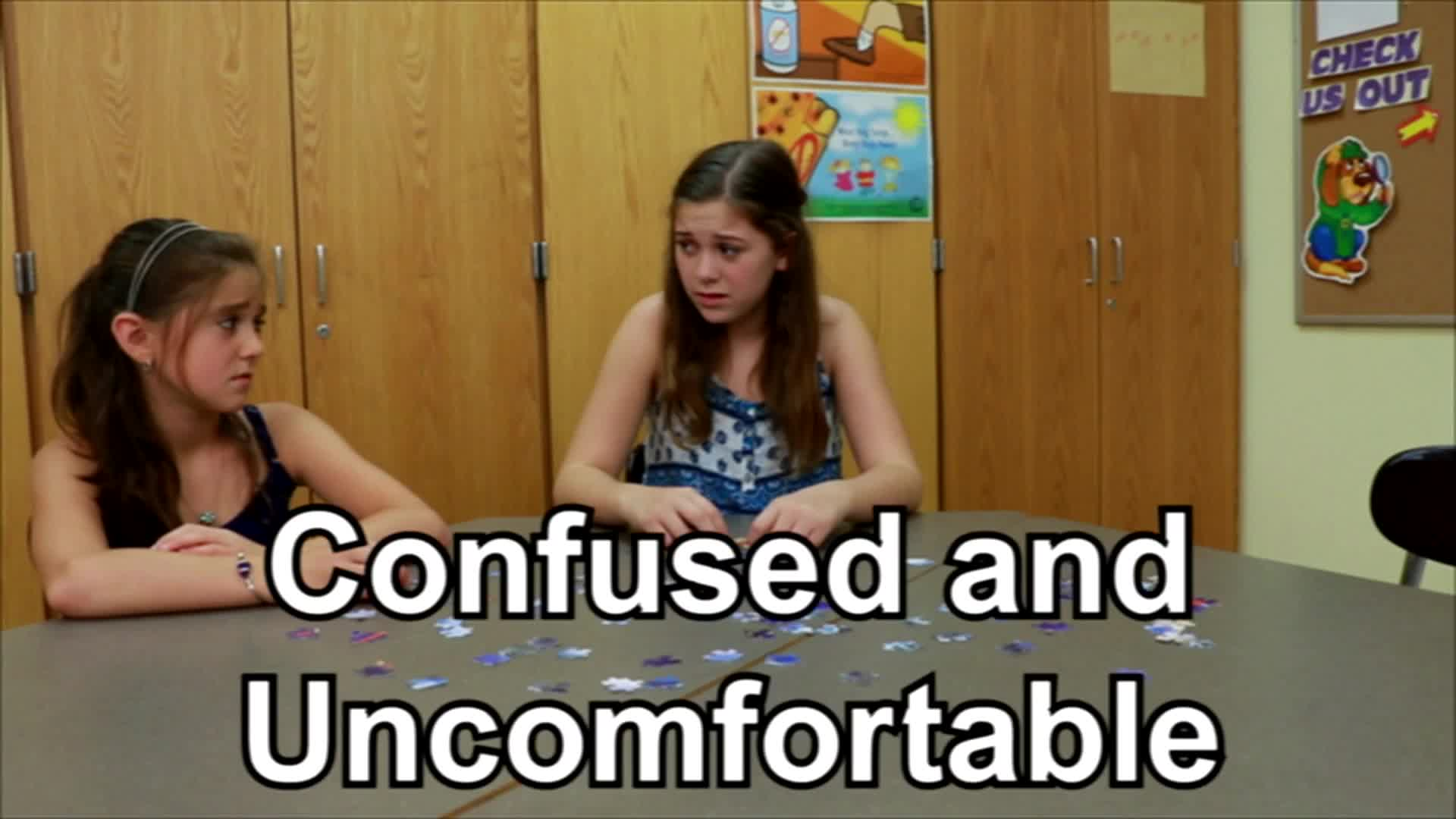
Introduction
Educators working with PreK students often encounter situations where a child gets fixated on a particular topic and repeats it over and over, making others feel uncomfortable. In this blog post, we will explore a no-prep activity, discussion questions, and related skills to help students learn the importance of staying calm and avoiding repetitive conversations. By incorporating principles of Social-Emotional Learning, we can help young learners develop better communication skills and improve their relationships with peers.
No-Prep Activity: The Calm Conversation Game
This activity requires no preparation or materials from the educator. Gather the students in a circle and explain that they will take turns speaking about a specific topic. The goal is to practice staying calm and avoiding repetitive statements while discussing the topic.
Begin by choosing a topic, such as a favorite game or an upcoming event. Start the conversation by making a statement or asking a question related to the topic. The student to your left will then respond, followed by the next student in the circle. Continue the conversation until each student has had a chance to speak. Encourage students to focus on staying calm and contributing new ideas to the conversation, rather than repeating what has already been said.
Discussion Questions
- How did you feel when you were able to stay calm and avoid repetitive statements during the conversation? How did it affect the way you interacted with your classmates?
- Can you think of a time when someone kept repeating the same thing over and over, making you feel uncomfortable? How did that situation make you feel?
- Why is it important to stay calm and avoid repetitive conversations? How can doing so help you build better relationships with your peers?
- What strategies can you use to stay calm and avoid repetitive conversations in the future?
- How can we help our classmates if we notice they are becoming repetitive in a conversation? What can we say or do to support them?
Related Skills
In addition to staying calm and avoiding repetitive conversations, there are other relevant skills that can help PreK students build better social relationships. These include:
- Active listening: Encourage students to listen carefully to others, showing respect and understanding for their ideas and feelings.
- Empathy: Teach students to put themselves in others’ shoes and understand their emotions, leading to more compassionate interactions.
- Emotion regulation: Help students learn to identify and manage their emotions, allowing them to navigate social situations more effectively.
- Conflict resolution: Guide students in developing problem-solving skills to address conflicts in a respectful and constructive manner.
Next Steps
To further support your students’ development of these important social-emotional skills, we encourage you to sign up for free samples of the discussed skill and others at Everyday Speech. Our resources provide effective tools and strategies to help PreK students stay calm, avoid repetitive conversations, and build lasting relationships with their peers.

